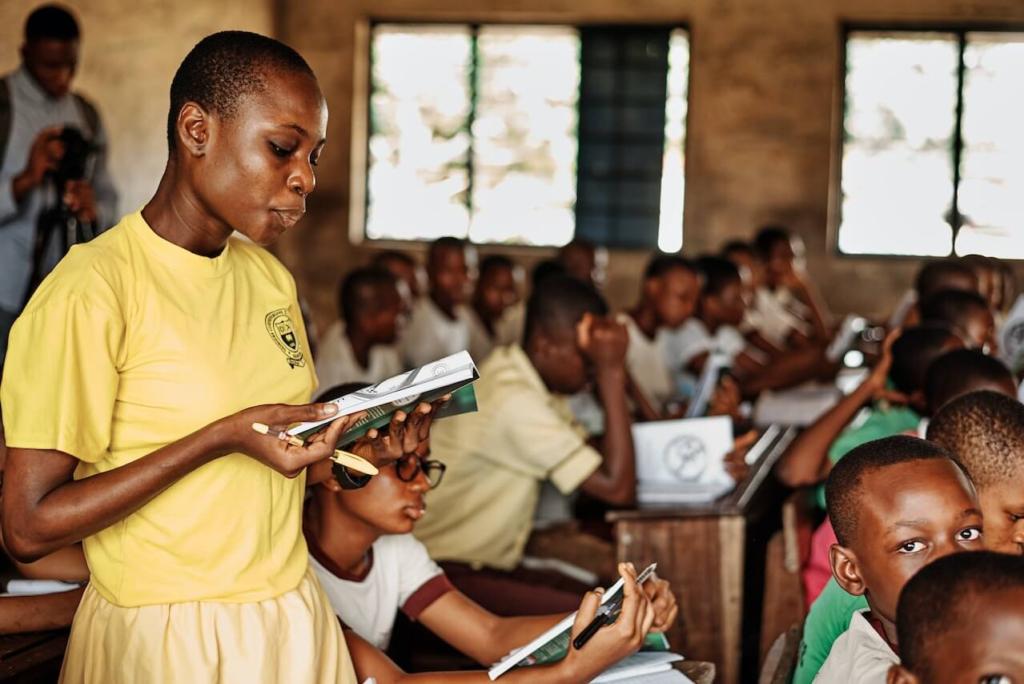
The early years of a child’s life are like a mosaic, where each experience shapes their future. These foundational stages are key in education, urging educators and parents to use guiding frameworks for optimal growth. For Early Childhood Educators (ECEs) and parents, applying these frameworks is crucial for smooth development and overcoming challenges.
In this blog post, we delve into the significance of early childhood frameworks, discuss their benefits and challenges, and highlight their impact on children and their communities.
Understanding Early Childhood Frameworks
Early childhood frameworks offer a structured approach to children’s learning and development, detailing focus areas, expected outcomes, and methods for achieving them. They are designed for young learners, rooted in research and evidence-based practices.
A Multinational Menu of Approaches
From Montessori to Reggio Emilia, early childhood endeavors are marked by a rich tapestry of educational systems. Each system harbors unique philosophies, yet all share a common goal of supporting children’s holistic development.
The Alignment Imperative
One of the core foundations of these frameworks, including those used in infant room daycare settings, is the alignment with educational objectives and outcomes. Aligning pedagogies with a comprehensive set of expectations ensures children, from the youngest in infant rooms to older students, receive a consistent and coherent educational experience, regardless of the specific program or setting.
The Joys of Implementing Early Childhood Frameworks
Beneath the structured surface of early childhood, frameworks lie deeply rooted joys that have been observed to blossom in learning environments that ardently follow these guides.
Fostering Holistic Growth
Early childhood frameworks are instrumental in fostering holistic development – not just cognitive and academic skills but also social, emotional, and physical growth. Engaging and enriching activities are structured to meet the developmental needs and abilities of each child, which frequently leads to a more well-rounded individual emerging.
Celebrating Success Stories
Anecdotal evidence and formal studies consistently highlight the impact of compatible frameworks on children’s lives. Effective implementation sees children blossoming under an array of activities that cater to their inherent curiosity and needs, fostering a love for lifelong learning.
Challenges Faced by Educators and Parents
However, for all the benefits that come with utilizing these frameworks, there are as many complex challenges that both educators and parents encounter in their endeavor to provide a quality early childhood experience.
The Learning Curve
For many early childhood professionals, adopting and internalizing the tenets of a specific framework requires an intense learning curve. It involves not just understanding the principles but also applying them in a dynamic and often unpredictable setting.
The Road to Adaptation
In a similar vein, parents too wrestle with understanding and assimilating the practices that are encouraged by these frameworks. The role of parents is vital in extending and reinforcing the guiding principles that their children experience in childcare settings, which in itself presents a significant adaptation challenge.
The Impact on Children and the Community
The emotionally charged task of nurturing the next generation yields an invaluable return when approached with the aid of early childhood frameworks. The success is not limited to individual outcomes but extends its reach into the fabric of the community.
Cementing a Path to Success
Research has shown the lasting impact that quality early childhood education has on a child’s future success in more formal educational settings. By adhering to established frameworks, educators lay a sturdy foundation that almost always culminates in academic proficiencies and personal resilience.
Strengthening Community Bonds
Furthermore, an engaged community that supports and understands the value of these frameworks is crucial. Collaboration among all stakeholders – educators, parents, community leaders, and policymakers, is essential to ensuring a consistent and elevated early childhood experience that reaps benefits at a societal level.
Future Considerations for Early Childhood Frameworks
As we look to the horizon, the arena of early childhood education is experiencing a metamorphosis, influenced by an array of evolving factors.
Innovating within Tradition
Although the core philosophies of early childhood frameworks are rooted in tradition, there is a growing inclination toward innovation. The integration of new approaches, such as the use of advanced technologies and the adoption of global perspectives, is reshaping the early childhood curriculum.
Continuous Evolution
These frameworks are not static; they evolve with our understanding of child development and the societal context. Educators and parents must stay abreast of these changes through continuous learning and professional development.
Conclusion
Now that we have explored the significance of early childhood frameworks, it is evident that they play a vital role in shaping children’s growth and development. By providing structure and alignment, promoting holistic growth, and fostering community collaboration, these frameworks create a strong foundation for future success. As we continue to navigate the complexities of early childhood education, it is essential to stay informed about current trends and challenges.
